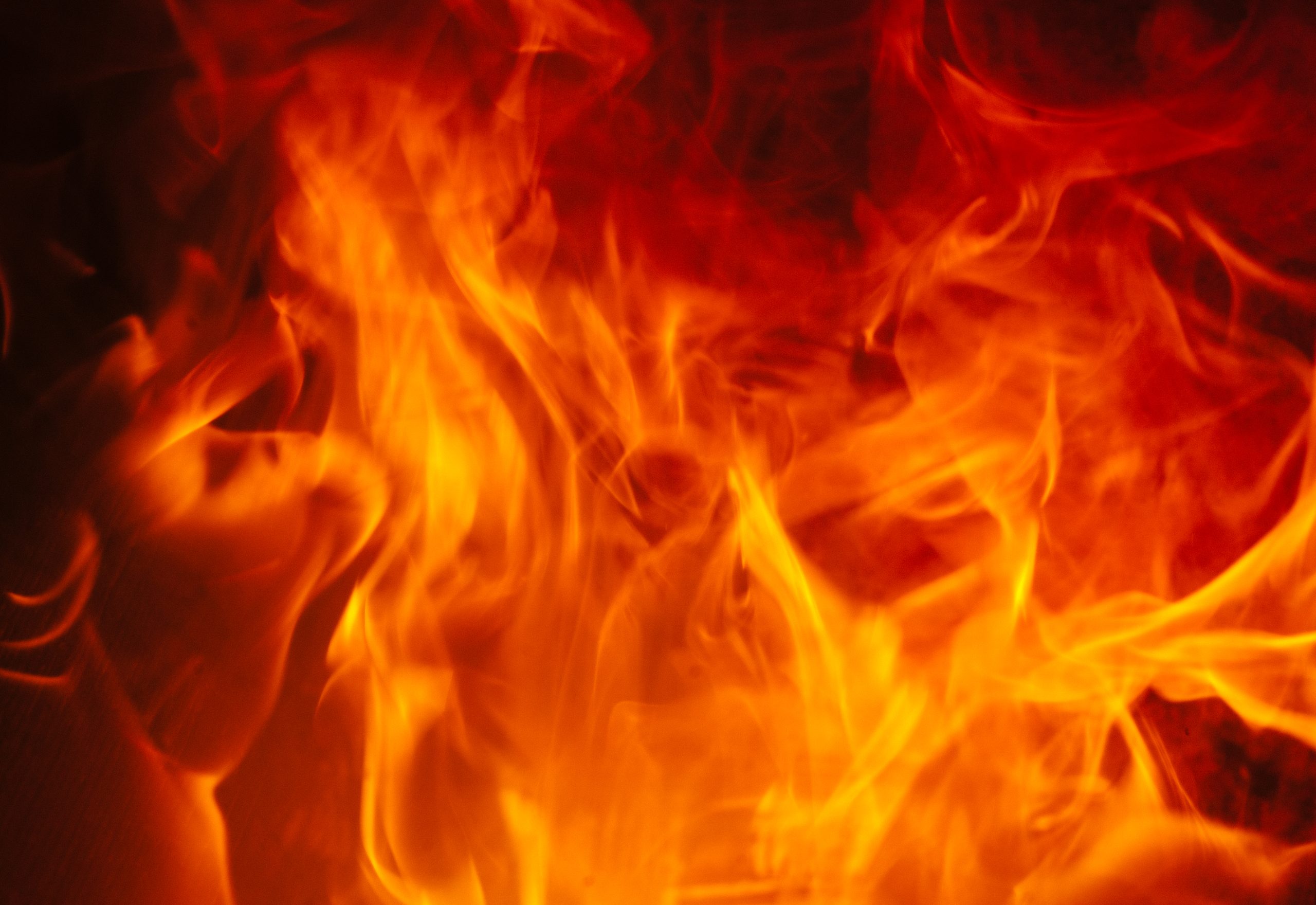 In a world where news headlines often feature calamitous industrial disasters, it’s hardly surprising to find legal battles trailing in their wake. The following case involves multiple individuals who filed lawsuits against the owner of a facility in Iberia Parish, Louisiana, that had a large fire.
In a world where news headlines often feature calamitous industrial disasters, it’s hardly surprising to find legal battles trailing in their wake. The following case involves multiple individuals who filed lawsuits against the owner of a facility in Iberia Parish, Louisiana, that had a large fire.
A fire at a facility owned by Multi-Chem Group caused multiple explosions, which released chemicals. Following the fire and explosions, multiple people filed lawsuits against Multi-Chem and others, alleging they had been exposed to hazardous materials. The multiple lawsuits were consolidated into three groups based on the distance the injured party was located from the fire source. At trial, the parties presented expert testimony about whether the plaintiffs were exposed to hazardous materials from the Multi-Chem fire and if they suffered damages due to the exposure. The trial court held that the plaintiffs had established exposure and awarded damages to the three groups. The damages included medical expenses, general damages, and mental anguish related to the fear of developing cancer. Multi-Chem filed an appeal.
On appeal, Multi-Chem argued the trial court erred in admitting and excluding certain expert testimony. Article 702 of the Louisiana Code of Evidence governs expert testimony. At trial, the trial court evaluated the expert witnesses’ relevant credentials when deciding whether and to what extent to credit the expert witnesses’ testimony. The court also analyzed the underlying data the experts used as the basis for their opinions. Therefore, the appellate court found Multi-Chem’s argument that the trial court erred in which expert testimony it admitted and excluded lacked merit.
Multi-Chem also argued the plaintiffs did not establish their exposure caused their damages. Mutli-Chem claimed the expert acknowledged that sampling of the air did not reveal hazardous chemical levels. However, the expert also testified the chemicals could have caused harm by adhering to and absorbing into the particulate matter from the fire. The expert also testified some of the at-issue chemicals could cause future injuries, including cancer. Based on the expert witness’s testimony, the appellate court concluded the trial court did not err in finding the plaintiffs established general causation.
Multi-Chem also argued the trial court awarded excessive and unsupported damages. When appellate courts review a trial court’s award of general damages, it considers whether the trial court abused its discretion when assessing and awarding damages. See Purvis v. Grant Parish Sch. Bd. The appellate court reviewed testimony from witnesses in the different groups of plaintiffs about what they had suffered due to the fire and related chemical exposure. The appellate court deferred to the trial court’s determinations that these witnesses’ testimony was credible and held the trial court’s award of damages was supported by the record. However, the appellate court did reverse damages awarded to certain plaintiffs for fear of developing cancer because the relevant witnesses did not testify about their fear of developing cancer, so there was a lack of supporting evidence.
When dealing with a complex lawsuit, a good lawyer can advise you on needed expert testimony and help identify qualified expert witnesses. As seen here, testimony from the expert witnesses was essential for the plaintiffs to prevail on their claims and support the damages they were awarded on appeal.
Additional Sources: Robert J. Broussard, et al. v. Multi-Chem Group, LLC
Article Written By Berniard Law Firm
Additional Berniard Law Firm Article on Expert Witnesses: Exposure to Radioactive Materials: Substantiating Injury Claims with Evidence and Expert Witnesses
 Insurance Dispute Lawyer Blog
Insurance Dispute Lawyer Blog

